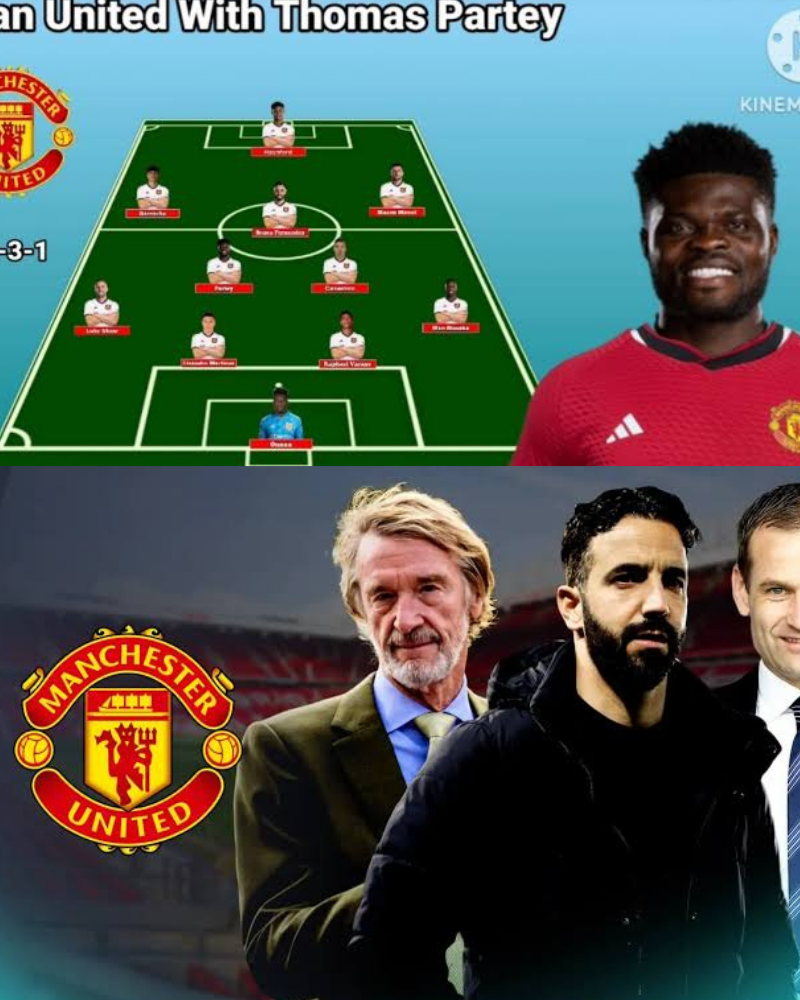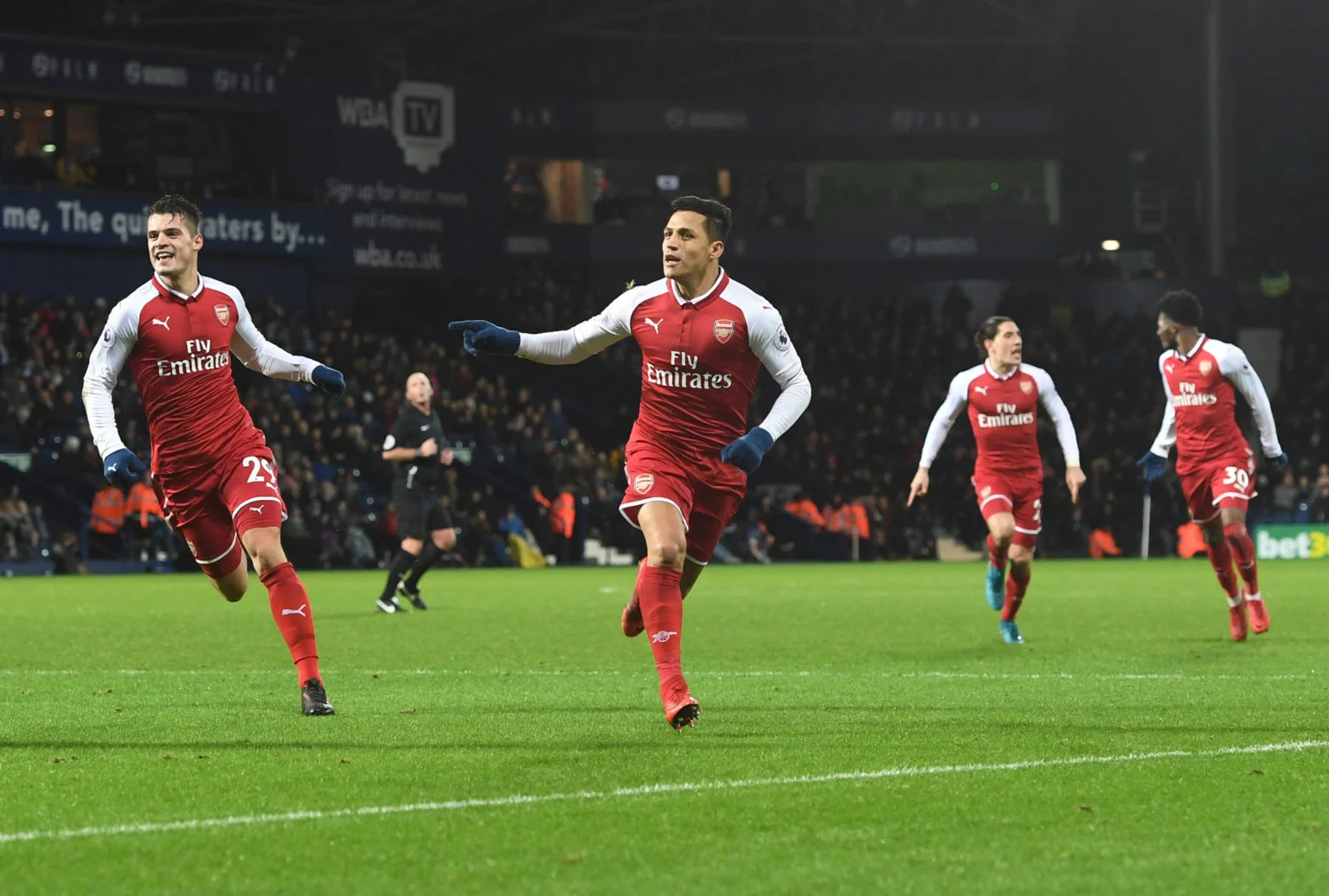Arsenal: Reiss Nelson not a typical winger

When you think of Arsenal wingers, you often think of players who love to hug the touchline, run at defenders with pace, cross the ball into the box, or cut inside with power to shoot. Players who are fast, direct, and terrifying to defend against. Arsenal has had many of these kinds of players over the years. From legends like Marc Overmars and Robert Pires to recent stars like Alexis Sanchez and Bukayo Saka, the club has always loved its wingers. Fans expect something electric when they see a player on the wing. They want tricks, goals, assists, moments that make you jump out of your seat.
But football is changing. The winger position is evolving. No longer are all wingers simply about pace and crosses. Many wingers today have more complex roles. They drift inside, link play, play passes through the defence, shoot from distance, or even drop deep to help the midfield. They are not one-dimensional. They are playmakers, scorers, creators.
When Reiss Nelson first appeared on the scene at Arsenal, people thought they were looking at a classic, old-school winger. He was just 17. He was fast. He was confident on the ball. He could dribble past opponents. He could cross. He seemed like a player who would stay wide and destroy full-backs with skill and speed. Fans were excited. They said, “This is the future. This is the next big thing.”
But football doesn’t work like that. Players develop. They change. They learn. They adapt. Nelson is not the same player he was at 17. He is not the same player people thought he would become. Some fans were disappointed at first. They expected him to be a traditional winger forever. But the truth is, he has become something more interesting.
When you watch Reiss Nelson now, you see a player who understands the game in a deeper way. He doesn’t just run in straight lines. He doesn’t always stay wide. He doesn’t only think about beating the man in front of him. He moves intelligently. He drifts inside. He looks for pockets of space between the lines. He waits for the ball on the half-turn so he can attack the space behind. He plays clever passes, short combinations. He even tries reverse passes that split defences.
In the beginning, people said he was too raw. Too dependent on pace. Not ready for senior football. But then he went on loan to Germany. At Hoffenheim, he learned a lot. He was given freedom. He had to play in different roles. He had to think more about his movement. He learned how to time his runs. He scored goals by arriving in the box at the right moment, not just by beating defenders one-on-one. He learned about positioning. About patience. About when to attack and when to hold his run.
That German experience changed him. When he came back to Arsenal, he was different. He still had all the old tools — the speed, the dribbling, the crossing — but now he had more ideas about how to use them. He wasn’t predictable anymore. He could play on the right or the left. He could come short to receive the ball, turn, and drive at defences. Or he could drift inside and shoot. Or he could stay wide and cross.
Some fans don’t see this. They watch the game and say, “Why doesn’t he just run at the full-back like Saka does? Why doesn’t he just cross more? Why isn’t he more direct?” They don’t realise he is trying to do something different. He is trying to be unpredictable. He is trying to create space for others. He is trying to make defences uncomfortable in other ways. If you compare him to Bukayo Saka, you see the difference. Saka is the prototype of a modern but still classic winger. He is left-footed. He loves to stay wide on the left. He isolates the full-back, then bursts past him or cuts in to shoot. He is explosive. He knows he can beat anyone. He wants the ball all the time. He uses his pace, his agility, his strength.
Nelson is also quick. He is also agile. He can also beat a man. But he doesn’t rely on that alone. He uses his brain. He tries to read the game. He looks for angles. He waits for moments. He combines with teammates. He is happy to give and go. He wants to link play, not just finish it. This is the big difference that many people miss. Nelson could play like Saka if he wanted. He has the tools. But he chooses not to be that predictable. He is more subtle. He is more nuanced. He tries to outthink defences, not just outrun them.
When you watch Arsenal games, you might notice Nelson picking up the ball on the left but then moving centrally. He drags his marker with him. He creates space on the outside for the left-back to overlap. He plays short passes to the midfield. He turns and slides a ball through the defence for the striker. These little things don’t always make the highlights. They don’t always lead to goals. But they make the team better. They make the attack harder to defend.
Coaches love this. Mikel Arteta sees it. He values players who understand space. Who know how to move off the ball. Who can play in tight areas. Who can help maintain possession under pressure. Nelson is that kind of player. He is a coach’s dream in some ways, because he listens, learns, and tries to improve. When he first broke into the team under Arsène Wenger, people thought he would be the next big Arsenal winger. But Wenger saw even then that he could be more. He played him at wing-back in pre-season games. He wanted him to learn defensive responsibilities. He wanted him to understand the whole pitch.
Unai Emery also liked Nelson. He sent him on loan because he knew he needed to play regularly. At Hoffenheim under Julian Nagelsmann, Nelson scored goals and got assists. But more importantly, he learned how to play in different systems. Pressing high, defending deep, counter-attacking. These experiences helped him become a smarter player.
Now under Arteta, he has to compete with world-class talents. Bukayo Saka. Gabriel Martinelli. Leandro Trossard. Even Gabriel Jesus can play wide. There is no guaranteed spot for Nelson. He knows that. But he keeps working. He keeps improving. He keeps adapting. Fans sometimes get frustrated with him. They want him to dominate every game. But that’s not his style. He is not selfish. He plays for the team. He tries to do what the coach wants. He presses. He tracks back. He helps in build-up.
This is something people often overlook. The modern winger isn’t just about attacking. You have to defend. You have to press. You have to help the full-back. Nelson does this. He runs. He closes spaces. He tackles. Coaches see this and reward it.
Nelson himself has talked about this in interviews. He has said he wants to help the team however he can. He has admitted he used to rely too much on his pace. He said he wanted to become more complete. That’s what you see now — a more complete player.
If you ask his teammates, they’ll tell you he’s one of the hardest workers in training. He is humble. He is quiet but determined. He listens. He learns. He stays after training to practice finishing. He talks to coaches about positioning. He studies games.
Arsenal fans love to see young players come through the academy. Nelson is one of them. He joined the club at a very young age. He knows what it means to wear the shirt. He knows the history. He is friends with many of the other academy graduates. Emile Smith Rowe. Bukayo Saka. Eddie Nketiah. These are players who grew up together. They push each other.
When you see Nelson come on in a game and try something clever — a little flick, a reverse pass, a dribble inside — that’s the player he has become. He is brave enough to try things. He is not afraid of making mistakes. He knows that to unlock a defence, you sometimes have to take risks. Some coaches want wingers who are robots. Who stay wide and cross. Who do the same thing every time. Arteta doesn’t want that. He wants intelligence. He wants movement. He wants variety. That’s why he values Nelson.
Nelson may not start every game. He may not be the first name on the team sheet. But he is an important squad player. He can change games from the bench. He can play on either wing. He can adapt to different opponents. He can follow tactical instructions. This kind of player is very valuable in modern football. The season is long. Injuries happen. Form changes. You need depth. You need options. Nelson gives Arsenal that.
There have been big moments, too. Fans remember the last-minute winner against Bournemouth. The roar in the stadium. The way he kept his cool to score. That wasn’t just talent. That was composure. That was understanding the moment. That was all the experience and learning paying off. After that goal, Nelson said it was the best moment of his career. You could see what it meant to him. The fans celebrated him. The players mobbed him. Arteta hugged him. It was a reward for years of hard work, patience, and belief.
He knows he still has to prove himself. He knows competition is fierce. But he doesn’t complain. He doesn’t give up. He fights. He trains. He waits for chances. If you watch him carefully, you’ll see a player who loves the game. Who plays with joy. Who plays with intelligence. He wants to entertain, yes. But he also wants to help the team. He wants to win.
That’s why he is not a typical winger. He has the tools to be one. He could just rely on speed and dribbling. But he doesn’t. He has added layers to his game. He has grown.Football is about more than tricks and goals. It’s about movement, space, timing, teamwork. Nelson understands that.
Arsenal fans should appreciate what they have in him. A homegrown player. A lifelong Gunner. A talented, intelligent, hardworking winger who is anything but typical.
Maybe one day he’ll be a regular starter. Maybe he’ll play a key role in winning trophies. Or maybe he’ll always be a valuable squad player who gives everything for the shirt. Either way, he deserves respect. He deserves patience. He deserves support. Because Reiss Nelson is not a typical winger. He is something better. He is something smarter. He is something Arsenal can be proud of.















